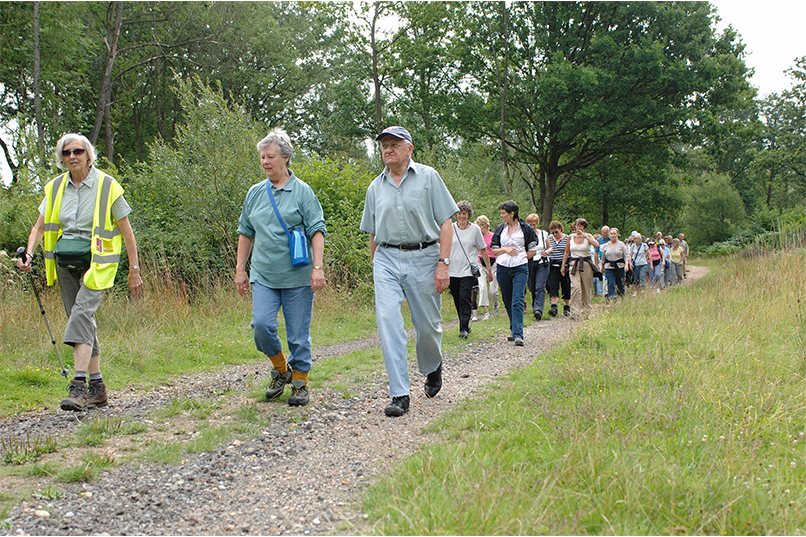Self-care has become a buzzword in recent years, but what does it really mean? Self-care refers to the activities and practices that we engage in to take care of our mental, emotional, and physical health. These activities are essential for our overall well-being and are crucial in maintaining a balanced and healthy lifestyle. In this article, we will discuss the different types of self-care activities and how they help us on a holistic level.
Physical self-care:
Physical self-care involves activities that promote physical health, such as exercise, healthy eating, and adequate sleep. Exercise is a great way to improve physical health and reduce stress. It helps to release endorphins, which are natural mood-boosters. Healthy eating is also important, as it provides the necessary nutrients that our bodies need to function properly. Finally, adequate sleep is essential for physical health, as it allows our bodies to rest and repair.

Emotional self-care:
Emotional self-care involves activities that promote emotional well-being. Examples of emotional self-care activities include journaling, therapy, and meditation. Journaling can be a great way to process emotions and relieve stress. Therapy provides a safe space to discuss emotions and work through difficult experiences. Meditation is also helpful in reducing stress and promoting emotional well-being.
Social self-care:
Social self-care involves activities that promote healthy social connections. This can include spending time with loved ones, participating in social activities, and volunteering. Strong social connections have been linked to better mental health and well-being.
Intellectual self-care:
Intellectual self-care involves activities that promote mental stimulation and growth. Examples of intellectual self-care activities include reading, learning a new skill, and engaging in creative hobbies. Engaging in these types of activities can help to prevent cognitive decline and improve overall mental health.
Spiritual self-care:
Spiritual self-care involves activities that promote a sense of meaning and purpose. This can include religious practices, mindfulness, and spending time in nature. Spiritual self-care can help to reduce stress and promote a sense of inner peace and well-being.
Self-care is not a one-size-fits-all approach. What works for one person may not work for another. It’s important to find the self-care activities that work best for you and incorporate them into your daily routine. Self-care is also not a one-time event; it’s an ongoing process that requires consistent effort and attention.
Environmental self-care:
Environmental self-care involves taking care of our physical surroundings, such as our home or work environment. This can include decluttering, creating a calming space, or spending time in nature. By creating a clean and peaceful environment, we can reduce stress and promote feelings of relaxation and well-being.
Financial self-care:
Financial self-care involves managing our finances in a responsible and healthy way. This can include creating a budget, paying off debt, or saving for the future. By taking control of our finances, we can reduce financial stress and promote feelings of security and stability.
Professional self-care:
Professional self-care involves taking care of ourselves in the workplace. This can include setting boundaries, taking breaks, or seeking out professional development opportunities. By taking care of ourselves in our careers, we can reduce burnout and promote feelings of fulfillment and accomplishment.
Creative self-care:
Creative self-care involves engaging in activities that allow us to express ourselves creatively. This can include writing, drawing, painting, or playing music. By engaging in creative activities, we can reduce stress and promote feelings of joy and self-expression.
Self-compassion:
Self-compassion involves treating ourselves with kindness and understanding, especially during difficult times. This can involve practicing self-talk, forgiveness, or acknowledging our own strengths and accomplishments. By practicing self-compassion, we can reduce self-criticism and promote feelings of self-worth and self-esteem.

Sensory self-care:
Sensory self care involves engaging our senses to promote relaxation and reduce stress. Examples of sensory self-care activities include taking a warm bath, lighting scented candles, listening to calming music, or enjoying a massage. By engaging our senses, we can promote feelings of relaxation and reduce stress.
Nature self-care:
Nature self care involves spending time in nature and enjoying the beauty of the natural world. Examples of nature self-care activities include going for a hike, gardening, or simply sitting outside and enjoying the sunshine. By spending time in nature, we can reduce stress and promote feelings of peace and connection to the world around us.
Gratitude self-care:
Gratitude self care involves cultivating an attitude of gratitude and focusing on the positive aspects of our lives. Examples of gratitude self-care activities include keeping a gratitude journal, practicing mindfulness, or expressing gratitude to others. By focusing on gratitude, we can reduce stress and promote feelings of positivity and contentment.
Restorative self-care:
Restorative self care involves engaging in activities that promote rest and relaxation. Examples of restorative self-care activities include taking a nap, practicing restorative yoga, or getting a massage. By prioritizing rest and relaxation, we can reduce stress and promote feelings of rejuvenation and renewal.It’s important to note that self-care is not a selfish act. When we take care of ourselves, we are better able to show up for the people and causes that matter to us.
Career self-care:
Career self care involves taking care of our professional needs and promoting career growth and satisfaction. Examples of career self-care activities include setting professional goals, seeking out professional development or training, or finding ways to improve work-life balance. By prioritizing career self-care, we can improve our job satisfaction, reduce feelings of burnout or stress, and increase our overall sense of fulfillment and purpose.
In fact, practicing self-care can help us become more resilient, empathetic, and compassionate. It’s also important to remember that self-care is not a one-time event or a quick fix. It’s a daily practice that requires patience, consistency, and self-awareness.
In conclusion, self-care is a holistic practice that involves taking care of our physical, emotional, social, intellectual, spiritual, environmental, financial, professional, and creative well-being. By incorporating these different types of self-care into our daily routines, we can reduce stress, promote feelings of balance and well-being, and become better equipped to handle the challenges of life. So, take some time for yourself and prioritize your self-care. Your mind, body, and spirit will thank you.



